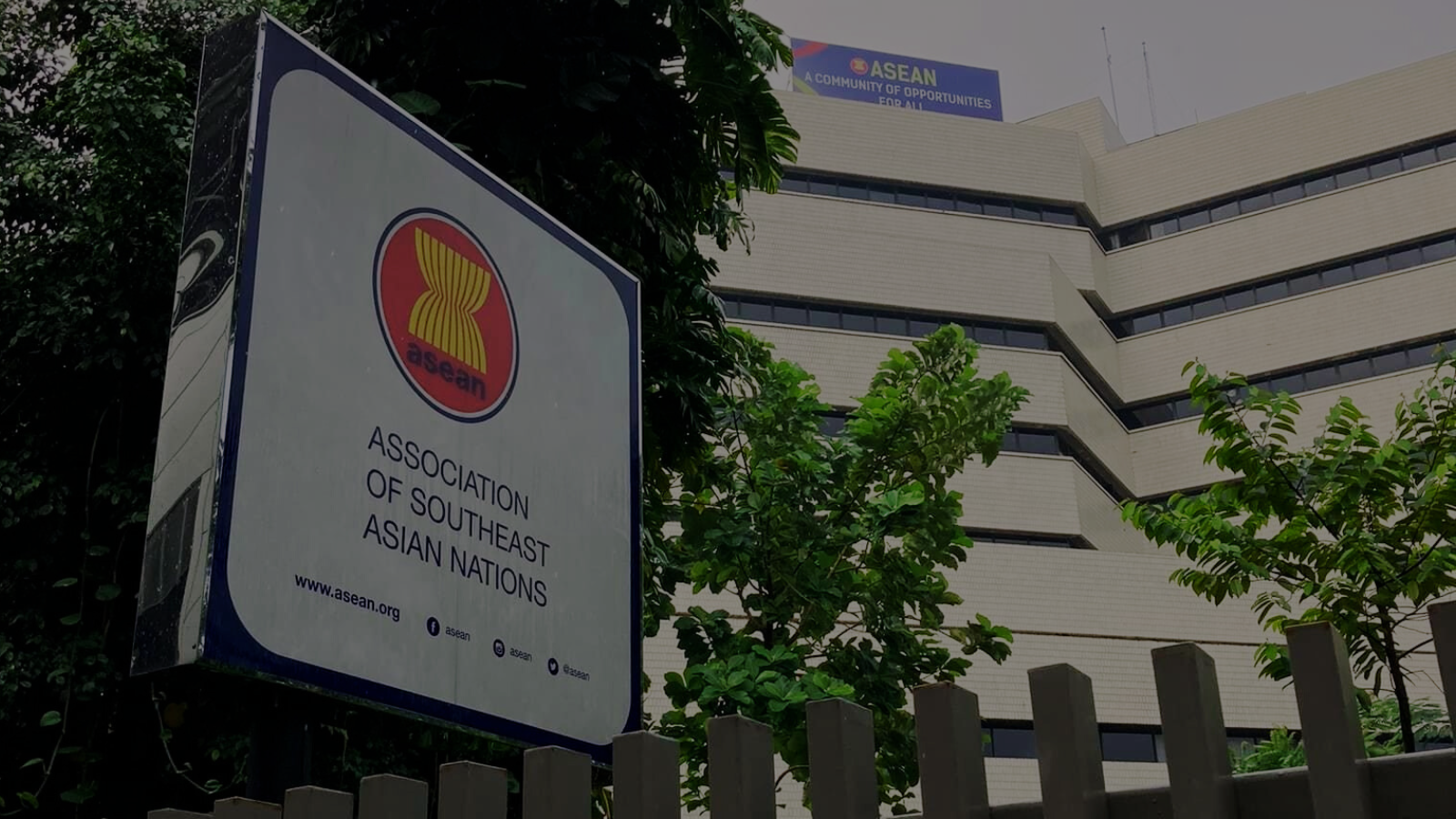Slovakia’s engagement with China is a relatively recent phenomenon. The more active developments of the relationship began after Slovakia joined the China-CEEC Cooperation (16+1) platform in 2012. Since then, new interactions with China have developed across numerous domains, including academia.
As part of this project, we have investigated links to China among 23 public universities, two state universities, and the Slovak Academy of Science (SAS) and its 26 research institutes (independent legal entities).
We have identified 28 Slovak academic institutions that maintain some link to Chinese partners. Altogether, these institutions have at least 136 connections to China. Of these, 91 were entered into by Slovak public universities. The remaining 45 are tied to the Slovak Academy of Science and its various research institutes.
Transparency
Since 2011, under the Slovak Freedom of Information Act, public institutions (including public universities and the Slovak Academy of Science) are obliged to publish all the contracts they enter into, regardless of the values of the contractual consideration. Any public contract concluded after 2011 that is not published in the Central Registry of Contracts cannot take effect, and if they are not published within three months of conclusion, they become void.
During our investigation, we identified that less than half were made available to the public in the registry. Even when the agreements are published, the disclosure quality is often problematic. In the most extreme cases, we have encountered contracts redacted to such an extent that they contained virtually no information on the relationship.
Confucius Institutes
Currently, three Confucius Institutes (CI) are operating in Slovakia. The oldest CI was founded in 2007. It was built on cooperation between the Slovak University of Technology and the University of Tianjin. Another Confucius Institute in Slovakia is based at Comenius University in Bratislava. It was established in 2015 in cooperation with the Shanghai University of International Business and Economics. The third CI in Slovakia, the Confucius Institute for Business, is based at the Matej Bel University in Banská Bystrica and has operated in partnership with the Dongbei University of Finance and Economics since 2018.
The former two CIs are pretty active outside of their host institutions, as they provide Chinese language classes at several other universities, and to secondary and primary schools. As a result, the ecosystem of Chinese language education in Slovakia is dependent mainly on the CIs. This is a concerning development, as an entire generation of future China experts can end up being educated in an environment controlled by the Confucius Institutes.
CI’s in Slovakia have also been known to promote propaganda on China’s core interests. The Confucius Institute at the Comenius University co-organized an exhibition named “Chinese story – Chinese Tibet.” Here, they portrayed Tibet following the Chinese narrative, going so far as stating that Tibet has been an inseparable part of China since the 13th century. Interestingly, the exhibition was organized a few months after Slovakia was visited by the Dalai Lama, who gave a lecture at the Comenius University and even met with the then-President of Slovakia, Andrej Kiska.
There have also been known instances of harassment and pressure for censorship from the CI. In 2021, the Slovak director of the CI at the Slovak University of Technology harassed CEIAS researchers after they published the first iteration of their research into China-Slovakia academic engagement.
Military linked cooperation
Slovak academic institutions do not engage in any systemic risk assessment. Of the 28 academic institutions with some interaction with China, most reported that no risk assessment is carried out. At best, risk assessment is an ad hoc event without following any pre-determined criteria. This demonstrates the low level of risk sensitivity towards Chinese activities among Slovak academic institutions, a trait not so uncommon in the Slovak public sphere.
As no risk assessments are conducted, it should be no surprise that Slovak academic institutions have established links with numerous Chinese universities linked to the People’s Liberation Army (PLA). Of the 136 academic interactions between Slovakia and China, 38 are with Chinese academic institutions in various ways related to the PLA. Some 58% of these relations are with universities categorized by the ASPI Defense University Tracker as either ‘high risk’ or ‘very high risk.’
Also prominently featured were relations with the ‘Seven Sons of National Defense,’ a group of leading Chinese technical universities involved in the research and development of defense technology. On average, over 30% of their graduates are employed in China’s defense research sector. These Chinese universities are regarded as ‘very high risk’ by the ASPI China Defense University Tracker and possess ‘top secret’ security credentials.
At least four universities, as well as the Slovak Academy of Science and two of its institutes, maintain some relations with one of the ‘Sons.’ The University of Žilina and the Technical University in Košice (TUKE) maintain relations with the Beijing Institute of Technology. However, low transparency makes only cursory information available on these ties, although they appear to be mostly focused on the research of AI, IT, and electronics.
TUKE’s Faculty of Aeronautics also cooperates with the Beihang University. They have organized a special issue of the journal Aerospace. Beihang University is known for its specialization in defense aviation, ballistic missiles, and satellite technology.
The Slovak Academy of Science cooperates with Northwestern Polytechnical University (NWPU). The two entities agreed in 2019 to set up a joint research center. Under the agreement, NWPU is entitled to own a 50% share of any intellectual property rights produced under collaborative research. Upon conclusion of the contract, SAS described it as “especially important and both scientifically and economically beneficial for SAS.” The 2019 agreement mandates that SAS scientists visiting the Chinese university are entitled to a monthly stipend ranging from 15 000 RMB (approximately €2,100) to 35 000 RMB (almost €5,000).
Within the framework of the Joint Center, the Institute of Materials Research of the Slovak Academy of Sciences participated in joint research and teaching projects.
Another institute of the Slovak Academy of Science, the Institute of Materials and Machine Mechanics, cooperates with the Harbin Institute of Technology. In 2021, the two institutions signed a letter of intent to cooperate to apply for funding for the Slovak Research and Development Agency for the project ‘High strength Al-AlN metal matrix composites for applications at elevated temperatures.’
A similar type of interaction exists between Comenius University and the Nanjing University of Aeronautics and Astronautics. In 2021, they signed a letter of intent to cooperate on a project ‘Advanced metal oxide semiconductor gas sensors with capacitor Pt/TiO2/Pt like electrode arrangement’ and intended to also apply for funding from the Slovak Research and Development Agency.
The Technical University in Zvolen works with the Nanjing University of Science and Technology. In 2017, researchers from both universities received funding from Slovak Research and Development Agency for the project “Flammability and Fire Behavior Research of Selected Polymers for Energy Efficient Buildings.”
These three instances highlight the need to take into account not only the agency of Chinese universities but also their Slovak partners, who are often the ones driving the cooperation by providing financing for projects from domestic sources.
Technology research
As the presented information suggests, most of the existing academic cooperation with China focuses on the hard sciences. Overall, 70% of all interactions with China are focused on technology, engineering, or natural sciences.
The Slovak University of Technology and Technical University in Košice are the most active academic institutions in the country regarding cooperation with China. Combined, these two institutions account for one-quarter of all the existing links. Meanwhile, the Slovak Academy of Science’s institutes that focus on natural sciences and engineering account for another quarter of the links, underlining the importance of such areas for cooperation with Chinese entities.
Besides traditional university-to-university links, some interaction also exists with important Chinese tech companies.
Among Chinese corporations, Huawei is the most active in collaborating with Slovak academia. Huawei and its Slovak subsidiary maintain research partnerships with Technical University in Košice, the University of Žilina, and the SAS Institute of Materials Research in Košice. In 2017, the University of Žilina and Huawei established a Safe Cities research lab. Huawei and Technical University in Košice established a research center on artificial intelligence in 2021.
Since 2016, Huawei has extended its flagship CSR program, “Seeds for the Future,” to Slovakia. The groundwork for providing support to Slovak students of ICT was laid a year earlier, when a memorandum of understanding was signed between Huawei and the Slovak Ministry of Education in November 2015. Since then, students from the Technical University in Košice, University of Žilina, Slovak University of Technology, and Comenius University have participated in the program.
In 2015, Slovak University of Technology and Comenius University signed a letter of intent to cooperate with the ZTE Corporation to establish a new research center. According to the press release by the Slovak University of Technology, ZTE was supposed to invest €20 million into the new research center. Under the terms of the agreement, ZTE would have the legal capacity to engage in transfers of intellectual property and technology, which was developed by the Slovak scientists working on research projects at the center. Nevertheless, seven years after the LoI’s signing the center does not yet exist.
In April 2018, the Alexander Dubček University in Trenčín signed a Memorandum of Understanding and Mutual Cooperation with Dahua Technology Czech, a Prague-based subsidiary of Chinese tech and surveillance company Dahua Technology. Dahua has been implicated in the mass surveillance of the Uyghur population of Xinjiang and is sanctioned by the US. The cooperation has been dormant, though, ever since the memorandum’s signing.
Way forward
As this project shows, China has made considerable inroads in the Slovak academia over the past decade. These developments have largely gone unnoticed until recently.
Recently, the Slovak security apparatus has begun to recognize the potential risks associated with academic engagement with China. The 2021 Annual Report of the Slovak Information Service, the civilian counterintelligence agency, warned that academia has been among the prime targets of Chinese operatives in Slovakia. In the agency’s own words, the “focus of Chinese activities is shifting from culture towards science, technology, and innovations. Due to this, there is an increased risk of industrial espionage, as well as promotion of Chinese propaganda at the Slovak most prestigious educational institutions.”
The Action Plan on Coordination of Combat against Hybrid Threats, which the Slovak government adopted in March 2022, recognizes the risks and mandates the adoption of countermeasures, such as the creation of a risk assessment mechanism that will allow the universities and research institutes to consult the potential risk prior to engaging with a potential new partner. The Action Plan also aims at improving the transparency of the academic links with foreign partners by publishing all cooperation contracts and disclosing funding provided by non-EU partners. However, all of these countermeasures have yet to be implemented.








